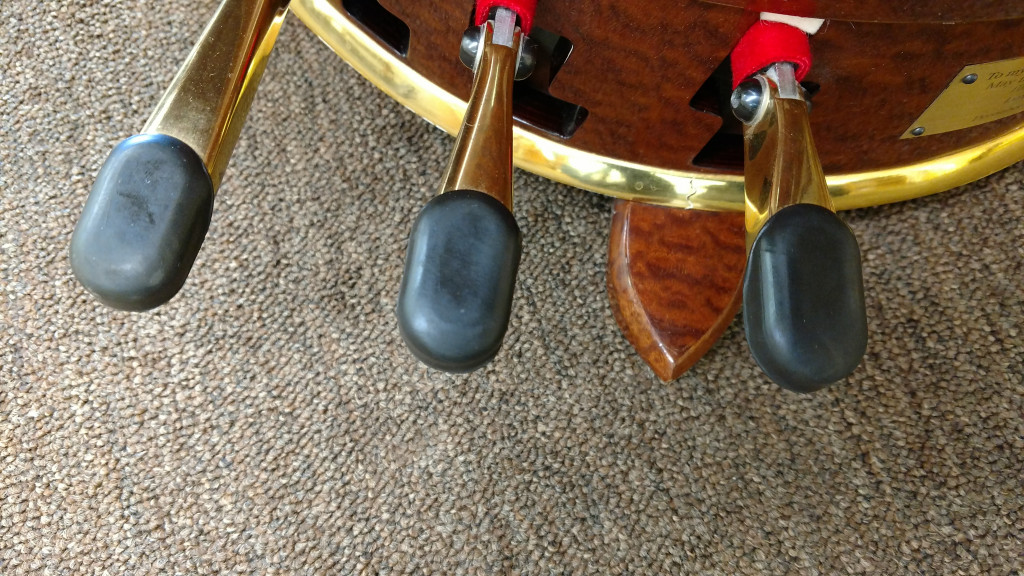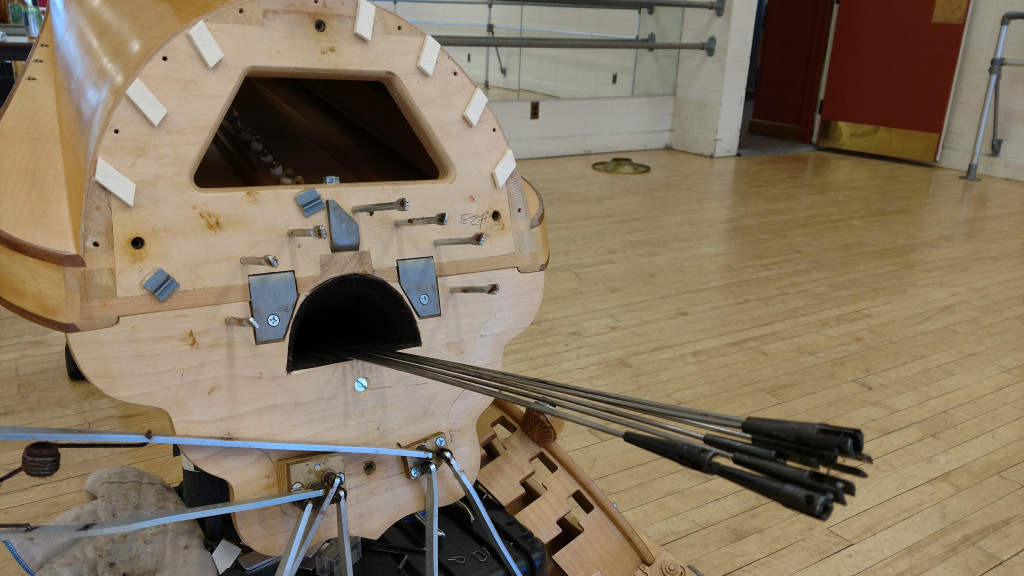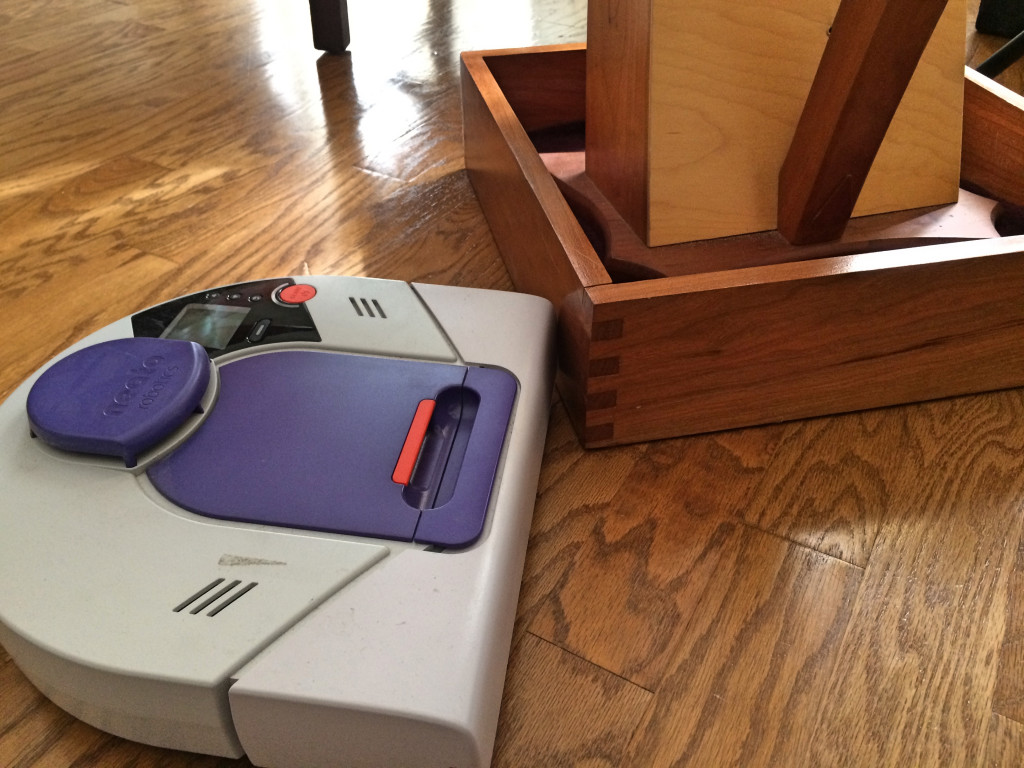What is music improvisation? I think there are numerous gradients between strictly playing written music and free improvisation. I am going to discuss 4 stages of these gradients.
Stage 1) “Strictly playing note to note as it is written”; This is how we play classical music (including written contemporary music). Within the written music there is a limited space for personal interpretation allowing us to play according to the inspiration in the moment within the notations on music. For example, you may play “La Source” by Hasslemans slightly different tempi every time you play, or you can play dynamics differently depending on your spontaneous inspiration.
Stage 2) “Mostly playing fixed written notes with some ornaments and variations on harmony”; The typical examples of this in classical music is baroque music with figured bass. When jazz musicians play the head (theme) of tunes, we improvise to this degree. We , jazz musicians, are supposed to improvise ornaments on written melody lines and chose voicing on give chords indicated by chord symbols. If we want, we can add counter melody line that goes with the written melody.
Stage 3) “Playing improvised melody and voicing of the given chord on written chord progression” This is the way a jazz musician typically improvises outside of playing the theme. Beside playing melodies improvised in the moment, we have a freedom to expand chord progression using alternative chords, adding tension notes, and may even change rhythm patterns.
Stage 4) “Playing music from no given structure”; This can be called “Instantaneous composition”, while 2) and 3) can be called “ Instantaneous arrangement”
As mentioned earlier, there are numerous gradients between these four stages. When you try to improvise, it is helpful to understand which stage of improvisation you are pursuing, because different stages require different sets of skills and knowledge, and way of dividing attention. If the improvisation is closer to stage 1) “Strictly playing note to note as it is written”, the major focus of our attention is necessarily engaged in following the written notes by memory and/or reading music, a greater knowledge and understanding of the styles of music and notations is required and more skill on playing whatever is given to play by someone else as fluently and accurately as possible. The closer improvisation is to stage 4) “Instantaneous composition”, the more of our attention has to be focused on what is going on in the moment and what seems “right”, and being aware of how it flows through the present into the future, and more knowledge of intellectual information about harmony and scales is required, as well as greater skill of transforming what you perceive and feel (and/or listening to inside of your head) at the moment into music.
When I am moved by beautiful piece of music, my interest in understanding the structure and architectural aspect of the music is provoked more than the desire to be able to play the piece of music itself. Maybe for some people, the desire to play the given piece comes first. We each have our own way to relate to music depending on who we are.
For example, if you are most comfortable with playing written notes and have some interest to improvise, you can consider learning stage 2) improvisation “Mostly playing fixed written notes with some ornaments and variations on harmony”. If you are interested in understanding of the process of creating music and playing written music is not your strength, it is worthy to pursue stage 3) improvisation “Playing improvised melody and voicing of the given chord on written chord progression” and stage 4) improvisation “Instantaneous composition”.
By making effort to know ourselves, we can find the right balance of how to be involved in improvisation. In other words, through the efforts to find our own way to engage in music, we reveal who we really are. This aspect of “knowing ourselves”, this ultimate philosophical proposition, is one of the biggest benefit of being a sincere musician.













